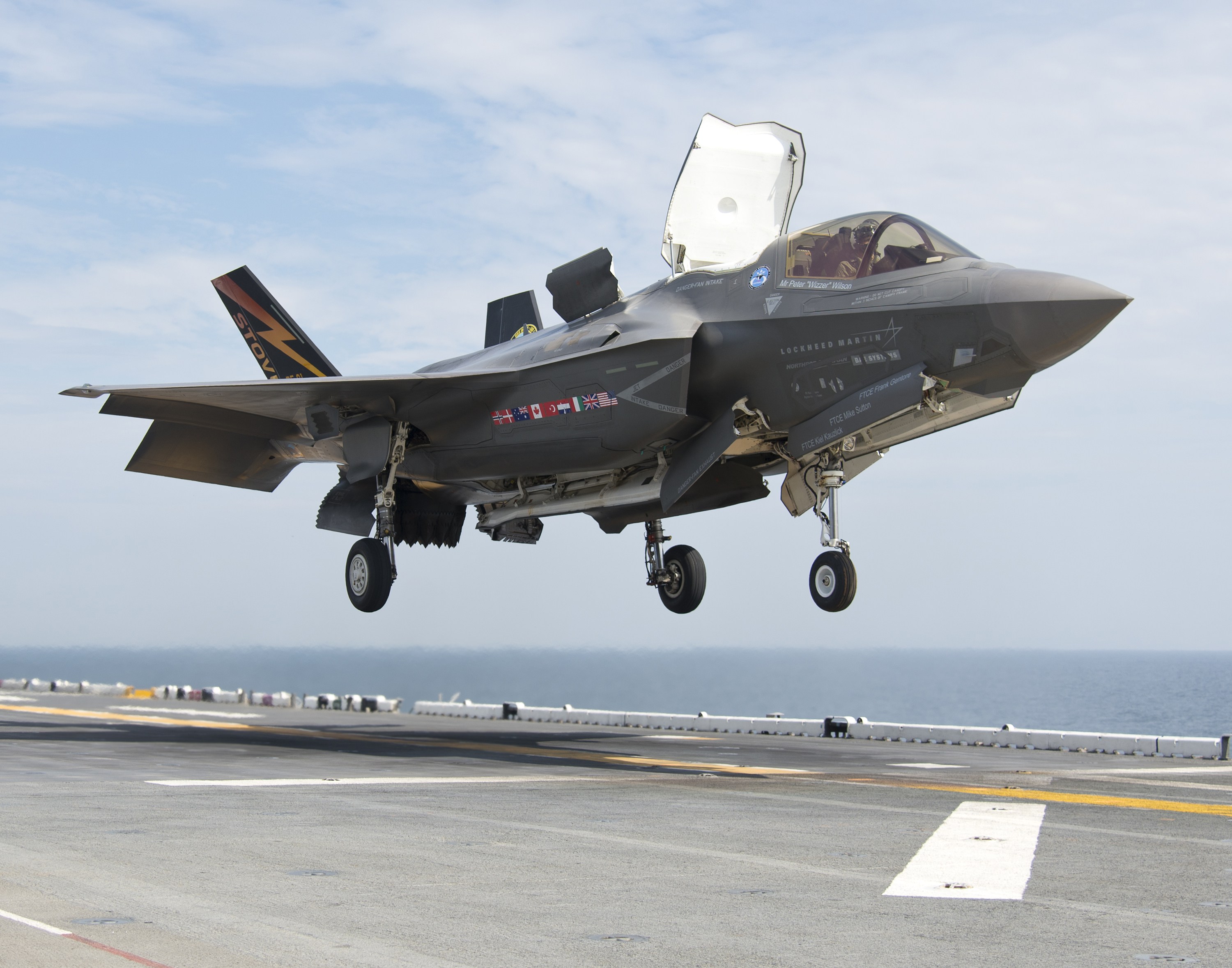For a man of many tag lines, it’s one of his most popular.
“Buy American” is right up there with “Make America Great Again” when President Trump takes to the podium or opens up his Twitter app. Mr. Trump is most at home making a strong case for American workers, and the businesses that employ them.
“I’m here to deliver a simple message: there has never been a better time to hire, to build, to invest and to grow in the United States,” Mr. Trump told the “global elite?” crowd in Davos just weeks ago.
But for those who watch the defense industry closely, the refrain raises a curious question: Will Mr. Trump’s “Buy American” campaign apply to the U.S. Air Force?
This year the Air Force will select a new jet to replace their aging 1960s-era T-38 trainer fleet with 350 new aircraft and the accompanying ground-training systems. With an expected initial operating capability scheduled for 2024, the new jets will help generations of future American pilots learn to fly the aircraft that now populate the U.S. military’s fighter wings.
The trainer competition is set for a contract award this year, and as one of the only major military aircraft competitions currently under way, some defense industry watchers consider this a key test of whether the Trump administration will apply the popular “American-made” rhetoric to its own Defense Department.
Defense contractors are lining up with offerings to be considered by the Air Force, including a number of foreign firms teaming with U.S. counterparts.
Surprisingly, only one team is betting the house on “American made.”
The Boeing T-X includes a pairing with Sweden’s Saab, but Saab has already announced their decision to move their portion of the work to the United States. For its part, Boeing has announced they’ll do T-X assembly at their St. Louis facility, with production expected to support approximately 1,800 jobs in the region. Late last year, the proposal got even sweeter for U.S. workers: 950 total jobs coming to Texas through Boeing T-X supplier Triumph Group Inc.’s work on the trainer jet.
The result is a jet Boeing says will be more than 90 percent made-in-the-U.S.A, built by American workers for the next generation of Air Force pilots.
As other competitors rely on foreign firms for expertise and cheap overseas labor to game the price of their offerings, the U.S. Air Force should be taking notice of Mr. Trump’s “Buy American” directives. Between moving Saab jobs to the U.S. and creating new ones in the heartland, its clear Boeing’s T-X offering is the right choice for the American economy. Defense Department procurement should be incentivizing and rewarding exactly this type of corporate decision-making.
There will be those who argue that foreign partnership on these jets is a negligible issue, but it’s the best place to begin a procurement culture shift that’s long overdue. These are trainer jets for America’s newest pilots. Do we really want to contract this work out to foreign firms? Surely we can hire American workers to make trainer jets for our newest service members preparing for duty.
When he makes the pitch for U.S. workers and foreign investment in America, Mr. Trump is at his best. But we cannot expect global elites at the World Economic Forum or any other overseas investor to do what we won’t do ourselves. It is a welcome sight to see the president of the United States making the case for U.S. workers abroad. But if the president is going to preach “Buy American,” he doesn’t have to fly to Europe. He can start with the U.S. Air Force and the T-X competition now underway
